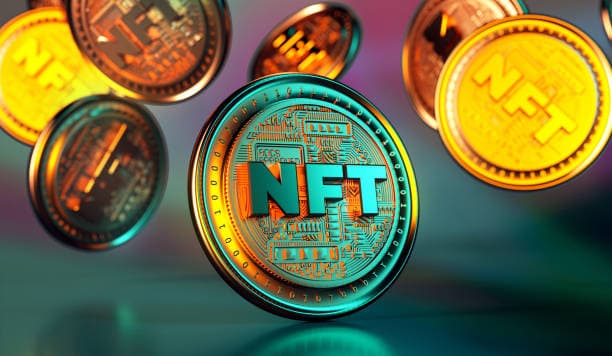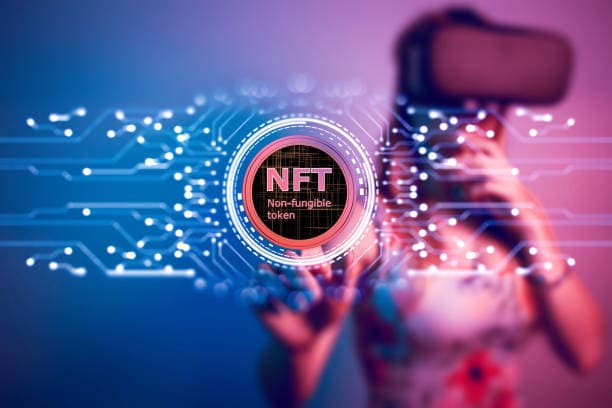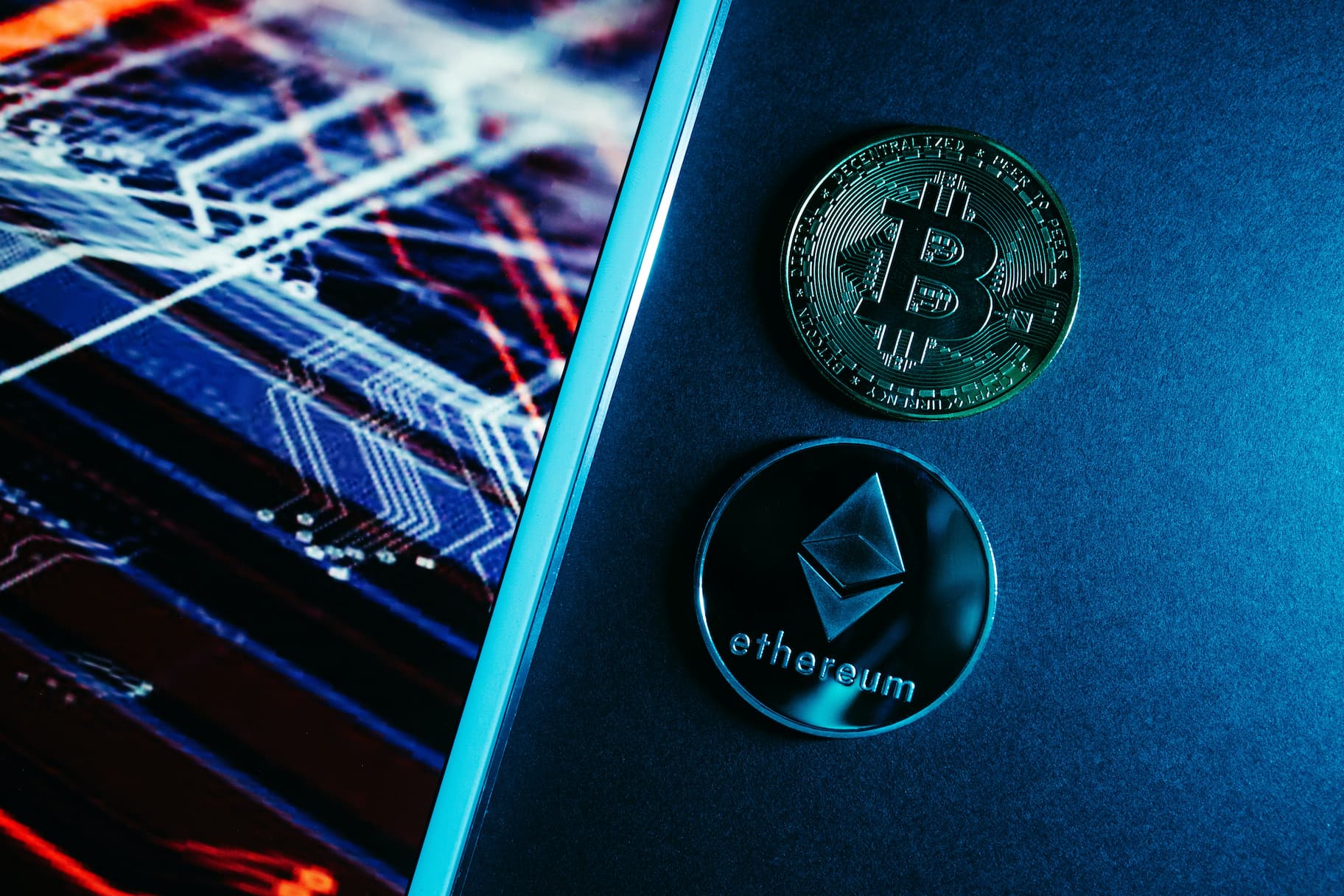In the age of digitalization, where the boundaries between the physical and virtual worlds are blurring, cryptocurrencies are coming into play like never before, changing the landscape of entertainment and investment. This is especially evident in the video game industry, where the introduction of blockchain technology and non-fungible tokens (NFTs) has fundamentally altered the creation, ownership, and distribution of content. In this new digital world where every gaming asset has the potential to be unique, cryptocurrencies are indispensable. They not only offer a way to conduct transactions and make investments, but they also help to promote and popularize NFT-based games throughout the world. They provide developers new means of funding and audience engagement, as well as exclusive earning and ownership opportunities to participants, creating almost endless chances for the games industry to grow and innovate.
Cryptocurrencies as the foundation of NFT games’ economies
Funding for Development
- Startup Capital: In the modern video game industry, seed money is crucial, especially for NFT games. By leveraging cryptocurrencies and initial exchange offers (IEOs) or coin offerings (ICOs), developers can gain access to global financial markets. These methods not only provide access to the necessary resources to launch and develop projects, but also offer a unique opportunity for direct interaction with potential users and investors. Unlike traditional funding methods, ICOs and IEOs allow you to raise funds directly, bypassing intermediaries, which reduces costs and speeds up the process of raising capital.
- Crowdfunding: In addition to helping generate money, issuing customized cryptocurrency tokens for NFT game projects fosters a sense of community among developers. Investors purchasing tokens in the early stages not only support the project, but also receive certain privileges such as exclusive access to games, unique game items, or even a share in the project’s future revenue. This method attracts active users to projects who are ready to invest in the development of new ideas and creates prerequisites for their further development and success in the market.
Economic relations in the game
- Exchanges and transactions: The development of commercial partnerships in NFT games depends on cryptocurrencies. Blockchain-based transactions are not only fast and efficient, but also extremely safe. This allows players to confidently buy, sell, or exchange unique game assets such as characters, items, or even land plots within the game world. The decentralized nature of cryptocurrencies eliminates the need for middlemen, reducing fees and ensuring transparency in all transactions.
- Decentralized Finance: For gamers, adding DeFi components to NFT-based games creates new revenue streams. Staking, liquidity-mining, farming – all these mechanisms allow users not just to play and enjoy, but also to earn money on their investments and game assets. In order to gain interest or fresh project tokens, gamers might, for instance, “freeze” their tokens or game assets. This not only boosts their participation but also makes it easier for them to understand the game’s economics and interaction techniques in greater detail. This creates an ecosystem in which players become more active participants, not just consumers of content.
Advantages of cryptocurrencies for promoting NFT games
Global access
Cryptocurrencies play a key role in providing universal access to NFT games, which is one of their main advantages:
- No geographical restrictions: Cryptocurrencies remove the barriers of geography, allowing players from around the world to participate in the game ecosystem without having to overcome the limitations of local banking systems.
- Unification of means of payment: In a world where every country has its own currency, cryptocurrencies serve as a universal means of payment, simplifying the process of buying and selling NFTs and accessing games.
Increasing the user base
Attracting and retaining users is a key success factor for any NFT game, and cryptocurrencies contribute to this process in the following ways:
- Interest from the crypto community: The very integration of cryptocurrencies and NFT attracts the attention of crypto-enthusiasts and technologically interested users who are looking for new ways to utilize their assets.
- Motivation through Earnings: The opportunity to earn money on game assets or participate in the game’s economy while earning real income appeals to a wide audience, including gamers, investors and collectors.

Transparency & security
The blockchain technology underlying cryptocurrencies and NFTs has many aspects of security and transparency.
- Transaction visibility: Every exchange involving NFTs is recorded on the blockchain, ensuring that the lineage and ownership transfer of assets are completely transparent.
- Data security: A distributed registry prevents any attempts at fraud or unauthorized alteration of data, increasing trust from users and investors.
Community growth and development
Cryptocurrencies and NFTs foster active and engaged communities, which is an integral part of any game’s ecosystem:
- Platforms for communication: Forums, social media and specialized NFT trading platforms become places to share experiences, discuss strategies and host collaborative events.
- Co-investment and Crowdfunding: Gaming communities can amalgamate their assets to back the creation of games or acquire distinctive assets, cultivating profound engagement and establishing robust connections among members.
- Unique events and tournaments: The use of cryptocurrencies makes it possible to plan distinctive in-game activities, such competitions with bitcoin prizes that draw in new participants and encourage engagement from already-existing ones.
- Decentralized management: Through token-based voting mechanisms, the community can influence key aspects of game development, including content updates and the introduction of new features. This not only increases player loyalty, but also makes the development process more user-centered.
These aspects together contribute to the creation of a lively, active and self-managed community around the NFT game, which becomes not just an audience, but an active participant in its development and promotion. This community not only supports the game at all stages of its life cycle, but also attracts new users, creating a positive cycle of growth and development.
NFT and cryptocurrency usage for game marketing and promotion
The innovative integration of NFT and cryptocurrency in marketing and promotional strategies offers developers enhanced avenues for engaging with players and nurturing their allegiance.
Unique marketing promotions
Unique marketing strategies utilizing NFTs offer a fresh approach to promoting games, leveraging the allure of exclusivity and collaboration to captivate players and broaden the audience. By issuing special or limited editions of NFTs, games can generate buzz and attract attention, as these exclusive digital assets — be it rare characters, distinctive clothing items, or entire game worlds — become coveted by players. Furthermore, these limited NFT editions can serve as innovative pre-order mechanisms, granting early game access or beta testing privileges to their holders. This technique creates a more meaningful bond between the game and its community in addition to adding a feeling of distinctiveness to the gaming experience.
Expanding upon the concept of exclusivity, partnering with renowned brands or celebrated personalities to create unique NFTs can significantly amplify a game’s visibility and appeal. This strategy not only taps into the partner’s audience, thereby widening the potential player base, but also infuses the game with a trendy and socially relevant vibe. Additionally, cross-branding efforts, where collaborative NFTs are introduced that can be utilized across various games or platforms, further enhance the value of these digital assets. Such initiatives promote a sense of continuity and loyalty between participants, contributing to the development of a robust, multi-platform community that supports and grows with the game.
Increasing player loyalty
Rewards and incentives
- Gamification: The use of NFT and cryptocurrency-based incentives to participants for finishing in-game objectives, taking part in events, or even just being involved in the community enhances the gaming experience and encourages long-term player engagement.
- Loyalty Programs: Creating loyalty programs that allow users to accrue NFTs or cryptocurrency encourages gamers to make more in-game purchases and improves player retention.
Asset Management
- Commerce & Swap: Facilitating players’ ownership, trade, and sale of their digital game items, both within and beyond the game’s environment, enriches the gaming journey and introduces an element of investment attraction.
- Personalization: The ability to customize the gaming experience with unique NFT assets, obtainable through in-game achievements or purchases, significantly strengthens the emotional connection between the game and its players.
The integration of NFT and cryptocurrency into marketing plans and game promotion provide publishers and developers with exclusive chances to produce creative game content, fortify their relationship with the gaming community, and devise fresh revenue streams. These tools allow not only to diversify the game process, but also to create a fresh approach to economics of interaction with the user, where each asset acquires additional value both inside and outside the game world.
In summary
Beyond fundamentally transforming the methods of game content dissemination and revenue generation, integrating cryptocurrencies and NFTs into the gaming sector significantly shifts the paradigms of ownership and engagement in virtual game worlds. This innovation economy is opening up unprecedented horizons of freedom and opportunity for players, providing developers with powerful tools to finance, engage audiences, and effectively promote their projects. As the industry continues to evolve to adapt to the latest technological advances, one thing is certain: the future of gaming with NFT and cryptocurrencies promises to be exciting, offering limitless opportunities for development and innovation.



